Eurovision 2021: what are the rules and who’s going to win?
Bookmakers have a clear favourite to claim the title - with the UK as a rank outsider
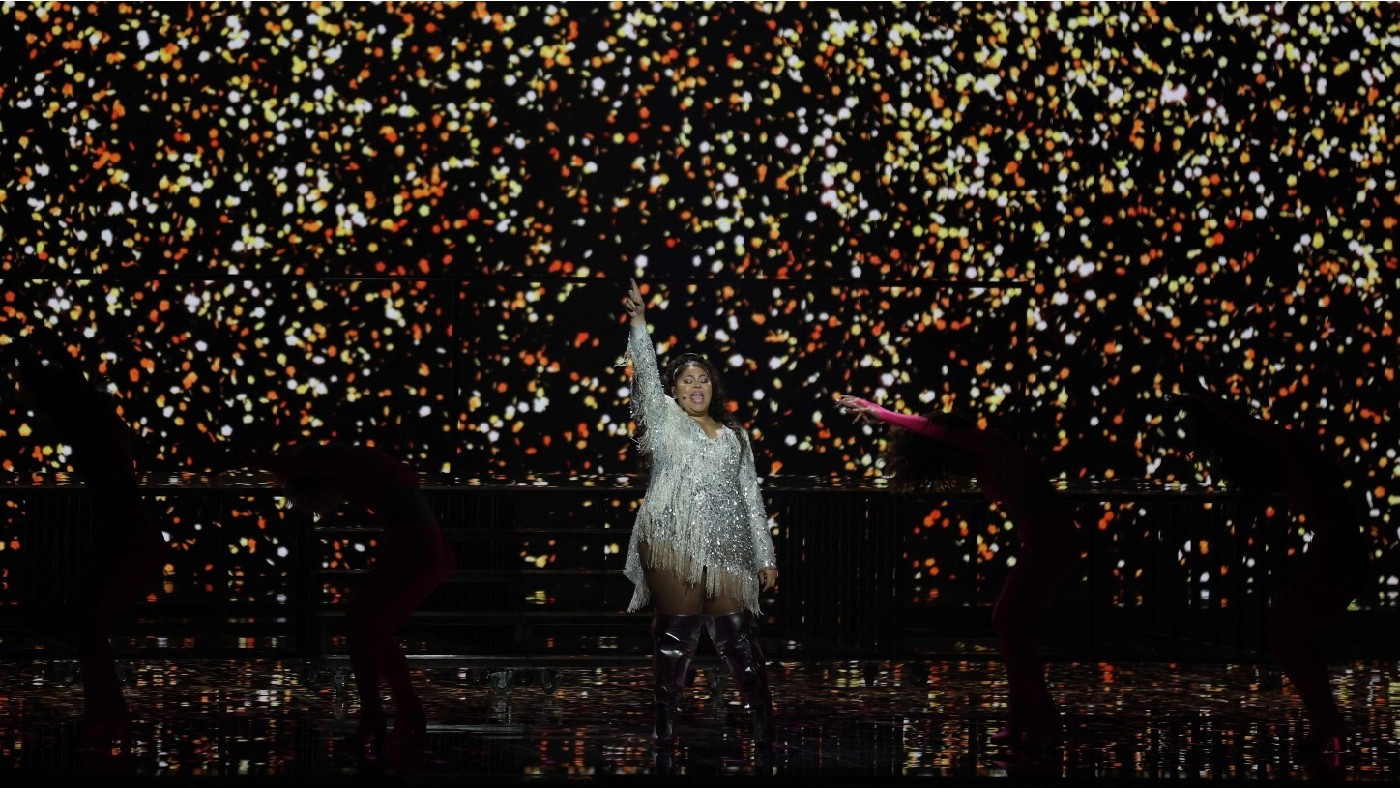
A free daily email with the biggest news stories of the day – and the best features from TheWeek.com
You are now subscribed
Your newsletter sign-up was successful
Eurovision fans are set to tune in on Saturday for the final of the 65th edition of what the BBC describes as “one of the longest-running and most-watched non-sporting events in the world”.
Broadcast live from Rotterdam, this year’s contest will be hosted by Dutch actor Chantal Janzen, singer Jan Smit, TV presenter Edsilia Rombley and YouTuber Nikkie de Jager. Graham Norton will once again provide the commentary on BBC One “for Europe’s biggest party night of the year”, with the action kicking off at 8pm, says the broadcaster.
A total of 39 countries are competing in the contest, with the semi-finals taking place last night and tomorrow. The qualifying acts then join the Netherlands at Saturday’s final along with the “big five” countries - the UK, France, Germany, Italy and Spain, who have automatic entry each year as the biggest financial contributors to the European Broadcasting Union (EBU).
The Week
Escape your echo chamber. Get the facts behind the news, plus analysis from multiple perspectives.

Sign up for The Week's Free Newsletters
From our morning news briefing to a weekly Good News Newsletter, get the best of The Week delivered directly to your inbox.
From our morning news briefing to a weekly Good News Newsletter, get the best of The Week delivered directly to your inbox.
The contest is returning after being called off last year for the first time in Eurovision history, owing to the Covid-19 pandemic. Instead, the 41 songs that were due to compete in the 2020 contest were featured in Eurovision: Europe Shine a Light, a televised showcase that “lacked the fun factor of the contest proper” but “captured the sense of togetherness and collective excitement” that underpins the “bonkers” annual event, according to an NME review at the time.
With the coronavirus crisis still causing major concern, the acts in this year’s contest are following strict Covid guidelines. The groups from each country are in “so-called delegation bubbles and aren't allowed to mix with anyone outside them”, reports BBC Newsbeat music reporter Steve Holden.
Everyone on site at the contest venue, Rotterdam’s Ahoy arena, is tested for the coronavirus every 48 hours. And “as part of the measures to keep everyone Covid-safe, every country has filmed a back-up performance, which can be used in case of emergency”, Holden adds - news that should reassure fans worldwide gearing up for the big night.
The UK’s Eurovision entry this year is called Embers and was written by singer-songwriter James Newman, who has worked with artists including Rudimental, Ella Eyre and Kesha. Newman was due to compete in the 2020 contest “with yet another serious, boring ballad”, writes music correspondent Roisin O’Connor in The Independent.
A free daily email with the biggest news stories of the day – and the best features from TheWeek.com
“Thank goodness, then, that Newman has come back for another round with something entirely different,” she continues. Embers is a “mish-mash of soul, pop and Noughties garage” and “the most bonkers UK Eurovision entry in a good while”.
But while O’Connor applauds the new tune, the odds for the UK’s Eurovision success are not looking good. According to latest figures from Eurovisionworld.com, bookmakers are giving Newman a less than 1% chance of winning. William Hill is offering 151:1 odds, with bet365 offering odds of 401:1.
So which countries are the bookies’ favourites?
Italy

Italy's 2021 Eurovision act, Måneskin, are the clear favourites to win, with bookies giving the Rome-based rock band a 23% chance of winning the contest. The rockers came second in the Italian version of The X Factor in 2017 and have had chart successes since then. Their Eurovision entry, Zitti E Buoni, roughly translates as “shut up and be quiet”, while the band’s name means “moonshine” in Danish (one of the four members is half Danish).
Italy has won the Eurovision only twice since the contest debuted in Switzerland in 1956.
France

Another “big five” entry, France is tipped to come second in this year’s Eurovision contest, with a 19% chance of victory, according to bookies. The country’s entry is Barbara Pravi, a singer-songwriter with Serbian and Iranian roots, with her self-penned song Voilà. The 27-year-old “is no stranger” to the contest, having previously co-written two French Junior Eurovision Song Contest entries, says Eurovision.tv, the official site of the event.
France has previously won five times, although the country's last Eurovision success was way back in 1977.
Malta

Malta is hot on the heels of France in bookmakers’ lists of favourites to win, with a 16% chance. The Southern European island country has never claimed victory at the Eurovision, but this year the nation is pinning its hopes on 18-year-old Destiny Chukunyere, who will perform Je Me Casse (“All of My Love”).
The singer has previously won the junior version of the contest and the Maltese version of The X Factor, and also made it to the semi-finals of Britain’s Got Talent in 2017.
Ukraine

Ukraine has a 9% chance of winning the contest, according to the bookies. Europe's second-largest country rose a few places on the leadership board after a stellar performance at Tuesday's semi-final by its act, electro-folk band Go_A performing their song Shum. The group's name mean “return to the roots” and is "an amalgamation of the English word ‘go’ with the Greek letter ‘alpha’, which symbolises the beginning of everything”, the Radio Times explains.
Ukraine has earned a reputation over the years as one to watch at the Eurovisions, taking home the trophy twice despite having only participated 16 times.
Iceland

Bookies are giving a 6% chance of victory by the Nordic country's entry, Icelandic/Danish singer Daði Freyr (pronounced “Dathi”), who was also chosen to represent the country in 2017 and 2020. In the quirky accompanying video for his song 10 Years, Freyr “is called upon to help stop a monster from destroying Iceland by fighting back using his ‘sweet, sweet dance moves’, and his Eurovision band Gagnamagnið”, NME reports.
Iceland has never won the contest (the only Nordic country never to do so), but has come second twice.
Kate Samuelson is The Week's former newsletter editor. She was also a regular guest on award-winning podcast The Week Unwrapped. Kate's career as a journalist began on the MailOnline graduate training scheme, which involved stints as a reporter at the South West News Service's office in Cambridge and the Liverpool Echo. She moved from MailOnline to Time magazine's satellite office in London, where she covered current affairs and culture for both the print mag and website. Before joining The Week, Kate worked at ActionAid UK, where she led the planning and delivery of all content gathering trips, from Bangladesh to Brazil. She is passionate about women's rights and using her skills as a journalist to highlight underrepresented communities. Alongside her staff roles, Kate has written for various magazines and newspapers including Stylist, Metro.co.uk, The Guardian and the i news site. She is also the founder and editor of Cheapskate London, an award-winning weekly newsletter that curates the best free events with the aim of making the capital more accessible.
-
 Britain’s ex-Prince Andrew arrested over Epstein ties
Britain’s ex-Prince Andrew arrested over Epstein tiesSpeed Read The younger brother of King Charles III has not yet been charged
-
 Political cartoons for February 20
Political cartoons for February 20Cartoons Friday’s political cartoons include just the ice, winter games, and more
-
 Sepsis ‘breakthrough’: the world’s first targeted treatment?
Sepsis ‘breakthrough’: the world’s first targeted treatment?The Explainer New drug could reverse effects of sepsis, rather than trying to treat infection with antibiotics
-
 Eurovision faces its Waterloo over Israel boycotts
Eurovision faces its Waterloo over Israel boycottsTalking Point Five major broadcasters have threatened to pull out of next year’s contest over Israel’s participation
-
 Saoirse Ronan: how the actress went viral
Saoirse Ronan: how the actress went viralIn the Spotlight The actress dropped a 'chat-icide bomb' on Graham Norton's BBC show
-
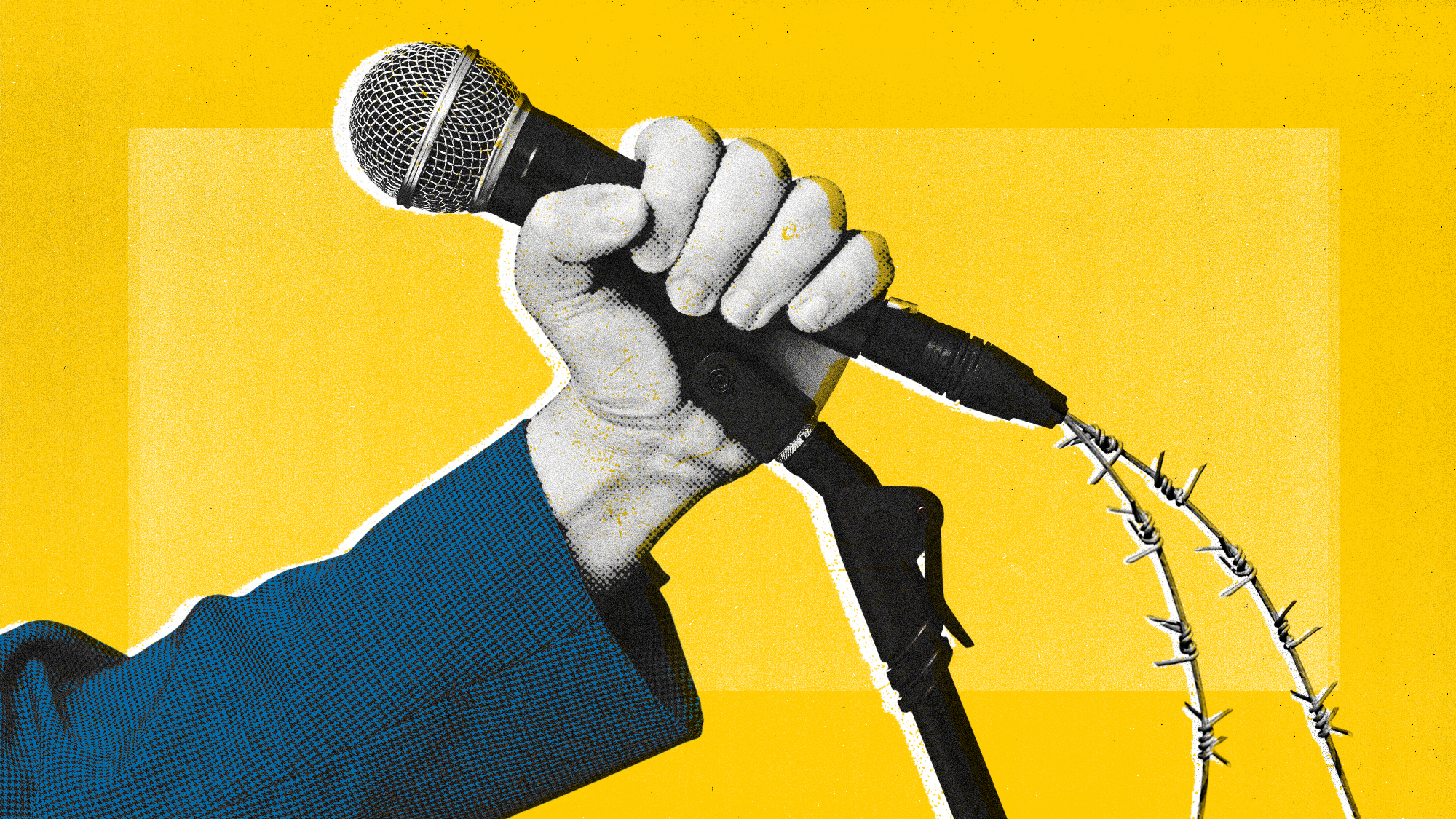 Eurovision 2024: how is politics playing out in Sweden?
Eurovision 2024: how is politics playing out in Sweden?Today's big question World's most popular song contest 'has always been politically charged' but 'this year perhaps more so than ever'
-
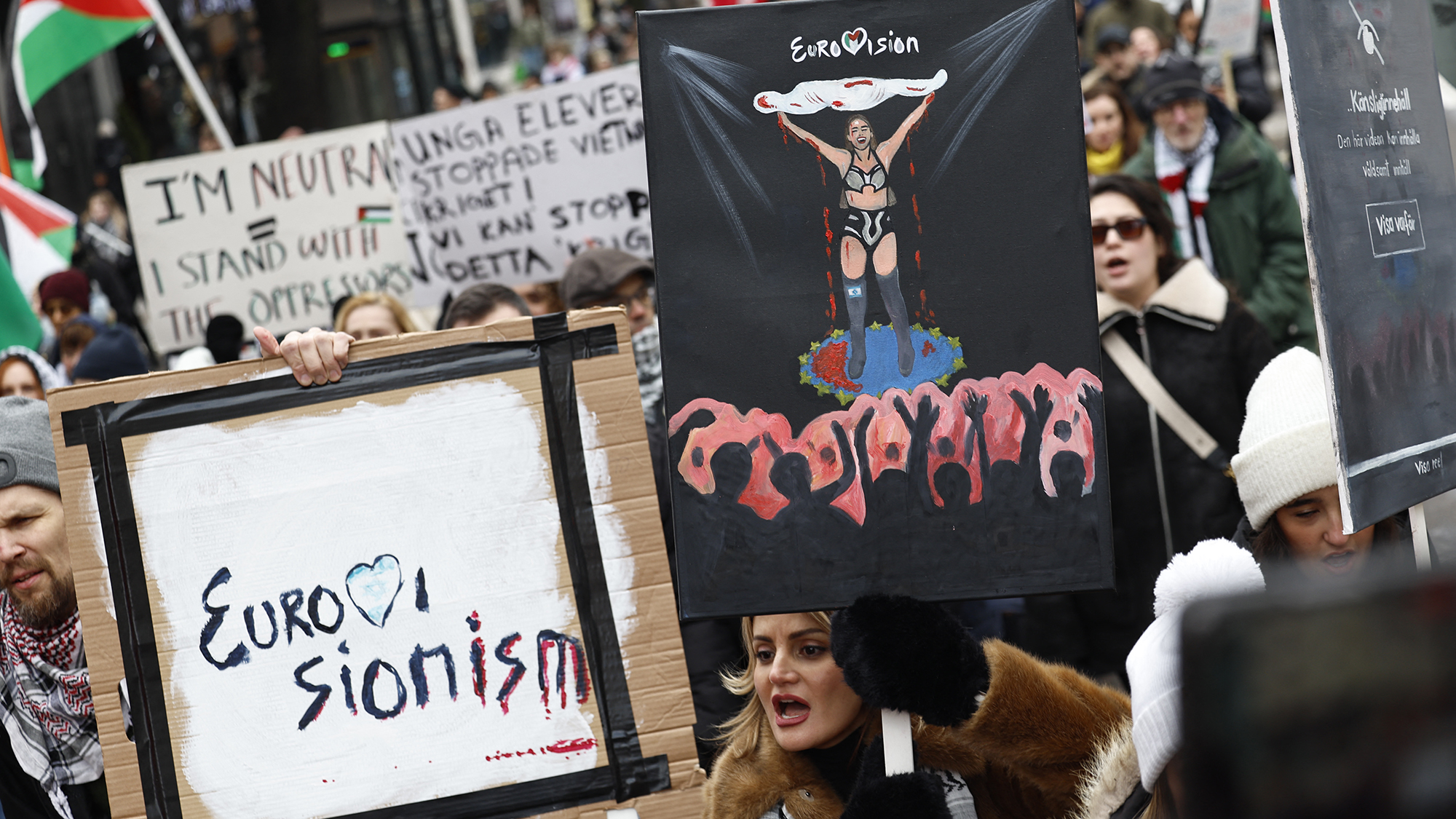 Eurovision stars weigh politics and principles as calls for boycott over Israel grow
Eurovision stars weigh politics and principles as calls for boycott over Israel growUnder The Radar One of the biggest artistic competitions on Earth finds itself in the middle of a widening debate about if — and how — to address the ongoing war in Gaza
-
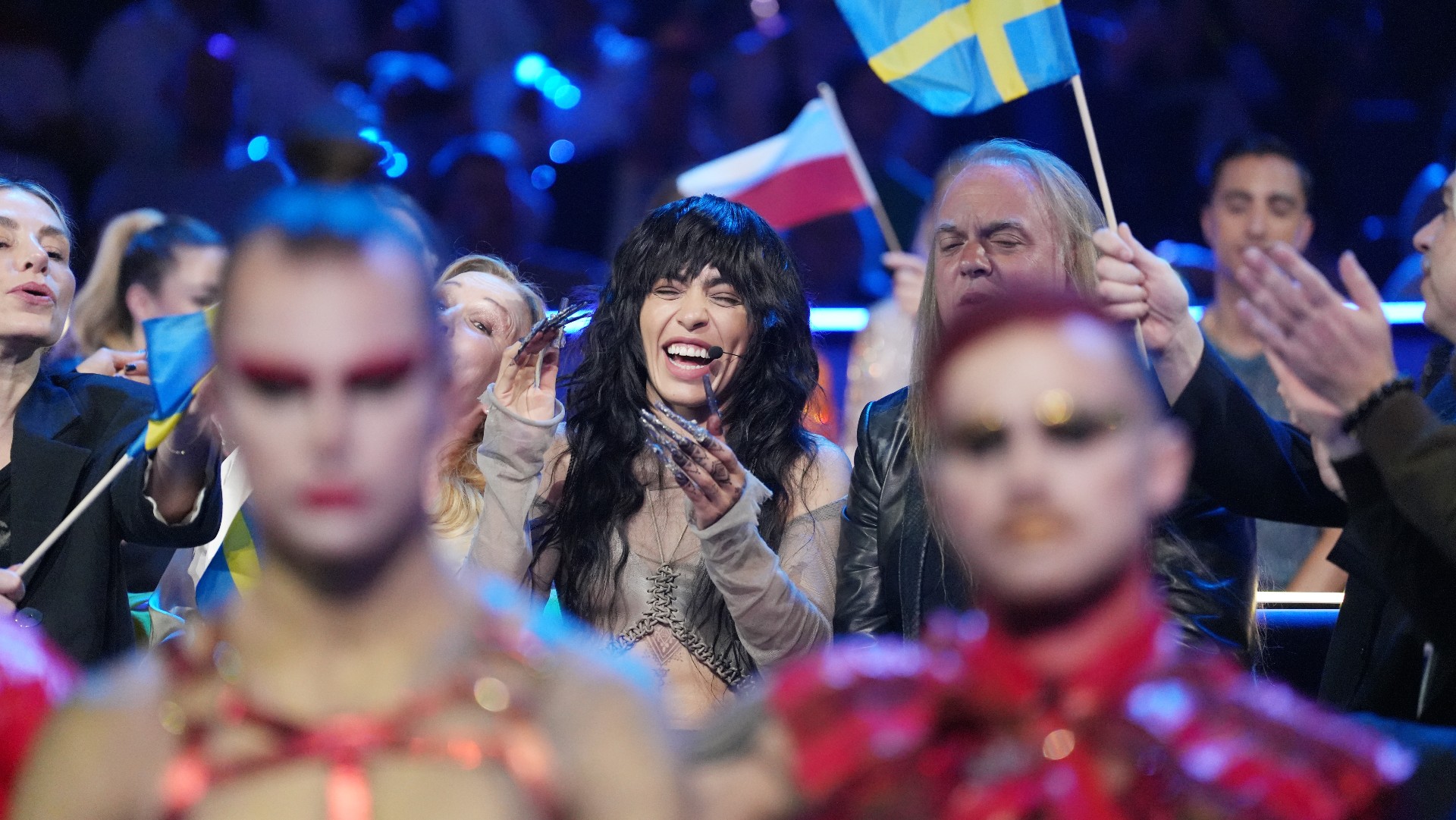 Is Eurovision finally cool?
Is Eurovision finally cool?feature Many British fans of Eurovision speak enthusiastically about its tolerance and openness
-
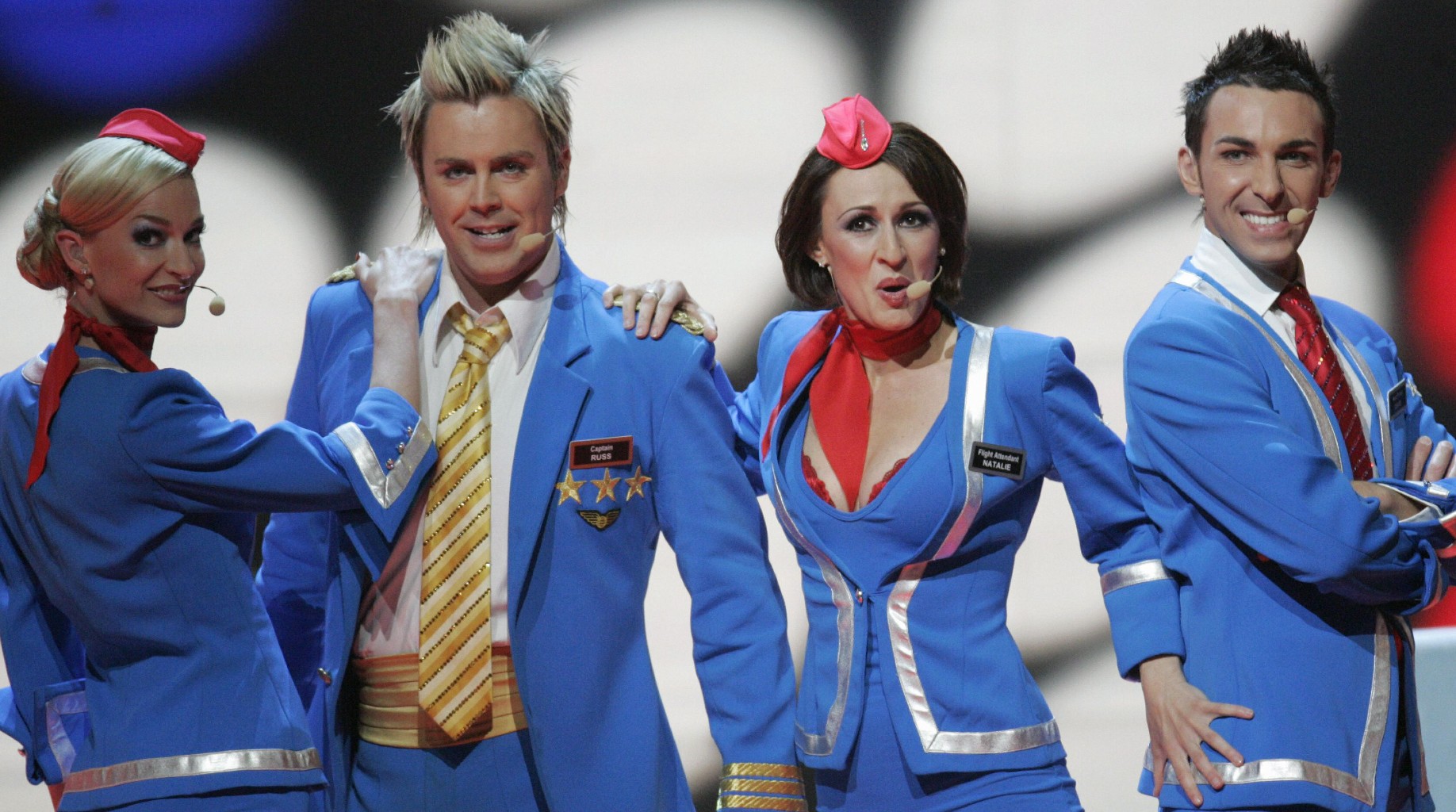 The weirdest Eurovision performances of all time
The weirdest Eurovision performances of all timeIn Depth All the weird – and wonderful – acts that have left Eurovision audiences stunned, from Windows95man to Dustin the Turkey
-
 Mae Muller: the UK’s ‘fresh-faced’ Eurovision contestant
Mae Muller: the UK’s ‘fresh-faced’ Eurovision contestantIn the Spotlight The 25-year-old pop star has already toured with stars such as Little Mix
-
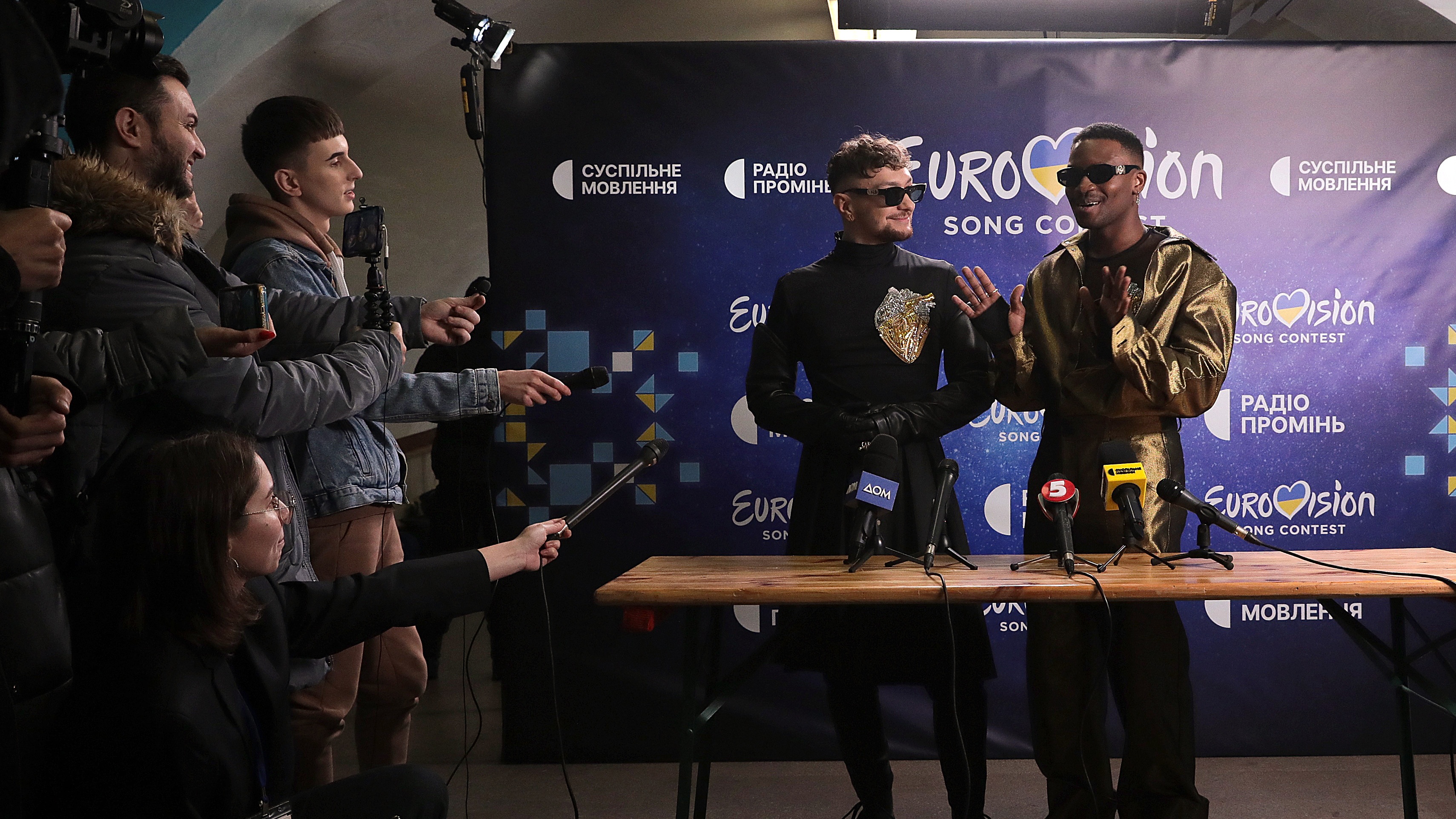 Eurovision 2023: what you need to know about Liverpool extravaganza
Eurovision 2023: what you need to know about Liverpool extravaganzaIn Depth This year’s hosts, current favourites and new voting rules